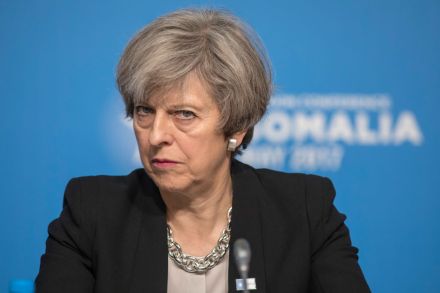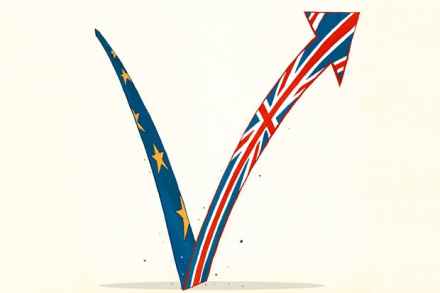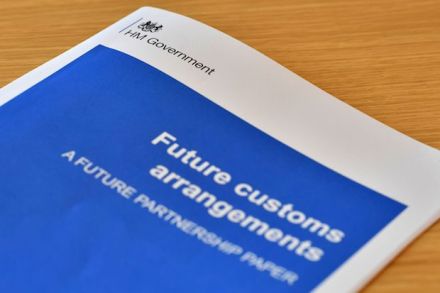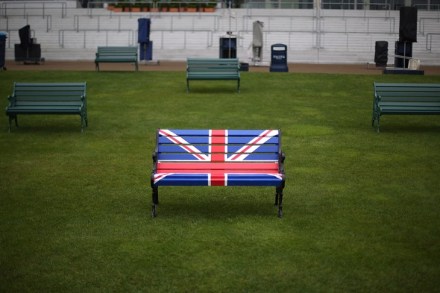What the papers say: Theresa May shows she is for turning
In any deal, says the Sun, ‘no party should agree to the rules being set by the other side’. So the Prime Minister is ‘reassuringly spot on’ to insist we cut ‘direct ties with the European Court of Justice’. Whatever some might say, ‘make no mistake..’ the ECJ is no independent institution’, argues the paper – and instead, the court has been the ‘hothouse’ for the ‘ever-growing superstate’ of the European Union. Theresa May’s decision to turn Britain away from the court should be welcomed; and the terms the government put forward in its position paper, which it published yesterday, ‘strikes a decent balance’. Now, we can be grateful that ‘any




















